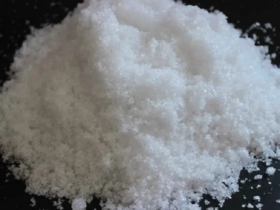Not all people know that the modes of the body’s functioning differ significantly depending on what time of the year is now in the yard. This is especially felt by people living in the middle lane, because their body experiences sharp changes in the climate from cold to hot. Therefore, it is extremely important to know how to transfer the climatic restructuring of the body most painless and comfortable.
In order not to experience any ailments associated with the winter adaptation of the body, you need to follow several simple rules, which we will talk about further.
We eat more!
The calorie content of the winter diet should be slightly higher than the energy value of the summer diet. And therefore, it is necessary to eat more proteins, the absorption of which takes a sufficient amount of time in the body. Similar proteins are contained in veal, chicken breast and fish. Particular attention should be paid to fish, which should be eaten at least twice a week. But not everyone loves fish in its purest form, so you can also allow themselves sushi from RNR, which are not only nutritious and useful, but also incredibly tasty. Of course, meat proteins and milk proteins are different things. Therefore, do not neglect the use of sour -milk and dairy products.
Garlic, carrots, potatoes and onions are those vegetables that must be present in your winter diet. As for useful carbohydrates, they can be obtained by eating bread, unsweetened cereals, cereals and bran. Carbohydrate and protein foods should be taken together with each other in order to maintain a balance of nutrients in the body.
More vitamins!
In the cold season, we just need vitamins. But some people neglect their health, as a result of which their immunity is weakened, and the risk of catching any virus increases. Unfortunately, in winter fruits and vegetables cost considerable money. Therefore, if you are not ready to spend too much, it is worth buying a vitamin complex in which all elements are already balanced. But inexpensive sources of vitamin C, nevertheless, are available to us all – this is sauerkraut and apples.
Diversify your menu!
Try to alternate dishes and combinations of protein components with carbohydrate food. Alternate the cereals from which cook your porridge, and alternate meat with fish. The more diverse your nutrition, the more beneficial substances your body will receive.
Finally I want to say that a set of several kilograms in the winter is completely normal. Thus, the body is “insulated” and acquires additional protection.
That’s all you need to know about nutrition in the cold season. If you follow these simple recommendations, then you will transfer the cold easily.



